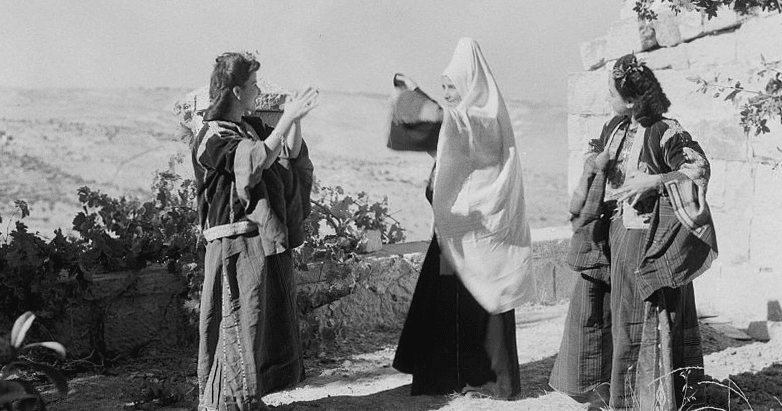
For the
Twenty-Second Sunday in Ordinary Time
Jeremiah 20:7-9. Romans 12:1-2. Matthew 16:21-27.
Everything
in the Gospel today aims at our receiving as a reward our lives and our
salvation when Christ returns with his angels in the glory of his Father.
Christ
begins his Gospel today telling us that he will suffer and die at the hands of
the nation’s elders and religious authorities.
Why?
It
was for us men and for our salvation, as we say in the Creed
every Sunday.
However,
today Christ calls our salvation a repayment he shall give everyone according to his conduct.
A
repayment to each CONDITIONED according to his conduct.
For the Son of Man
will come with his angels in his Father’s glory, and then he will repay everyone
according to his conduct.
What
is the conduct that earns the repayment,
but also, what IS the
repayment?
The
conduct is the conduct of Christ
himself, and the repayment is rising from the dead, as Christ rose from the
dead.
Risen
from the dead, Christ can die no more and can suffer no more.
Resurrection
in Christ is life without bounds and joy without measure.
Faith
in that truth can give us motivation to follow Christ, even though Christ today
gives a repulsive description to his path.
Whoever wishes to come
after me—
come after me into the resurrection— must deny himself, take
up his CROSS, and follow me.
Without
a doubt, we can say those who first heard him found his words repulsive.
Taking
on a CROSS— an ancient instrument of public SHAME, TORTURE and
DEATH.
More
recent versions?
Whoever wishes to come
after me must undergo: public torture and
lethal injection, or public torture and gas chamber, or electric chair, firing
squad, guillotine, or noose.
The
Gospel today is not inviting, but it’s revolting.
Is
there an alternative to public torture and execution for someone who wants to
follow Christ into the resurrection?
Yes
and no.
Christ
says today whoever wishes to save his
life will lose it, but whoever loses his life for my sake will find it.
Christ
lost his life for OUR sake,
and he found a new life on the other side of resurrection.
It’s
role-reversal in some respects.
All
the trouble started with role-reversal.
In
the Garden of Eden, we tried role-reversal; we tried to be God, to remake
ourselves by ourselves, to redefine life and death.
The
role-reversal required us to reject God as God and to reject ourselves as God
had made us.
Try
as we might, we can’t go back to the way things were in the beginning.
We
cannot reverse our own attempted role-reversal.
The
genius of God in Christ was to do the role-reversal himself.
God
in Christ became a man.
God
in Christ took on himself the lot of every sinner.
God
in Christ suffered and died at the hands of sinners for the sake of sinners,
and was buried.
On
the third day he rose from the dead— thereby taking the role reversal beyond
all its possibilities.
A
dead man rose and ascended in flesh and blood to take God’s throne in heaven.
Humankind
in Paradise was not able to take God’s place.
However,
humankind in Christ sits on God’s throne.
Christ,
the Son of Man and Son of God, has opened up for us the inviting possibility of
following him onto God’s throne.
Sounds
nice.
But
still, what about taking on the cross, torture, execution?
The
revolting condition for boundless life and joy at God’s throne simply means
that we must not allow ourselves or anything to stand in the way of letting God
be God.
We
let God be God, and we push ourselves and everything out of the way to pray and
worship God.
The
second reading from the Word of the Lord today, the Letter to the Romans, tells
us:
offer your bodies as
a living sacrifice, holy and pleasing to God, your spiritual worship. Do not
conform yourselves to this age but be transformed by the renewal of your
mind....
We
also let God be God whenever for his sake and imitation we serve the good of
others.
We
let God be God whenever we deny ourselves in the service of God and others.
We
let God be God whenever we accept willingly whatever suffering comes our way
for the sake of Christ and following Christ.
Here
in his Eucharist, as always, Christ lives out his Gospel.
Here
is role-reversal: God is the banquet for sinners.
Here
he is alive for our sakes.
After we receive his life in his Eucharist, to live for him in return is to find our own joy and our lives everlastingly with the angels in the glory of the Father when Christ returns.
Turn. Love. Repeat.









